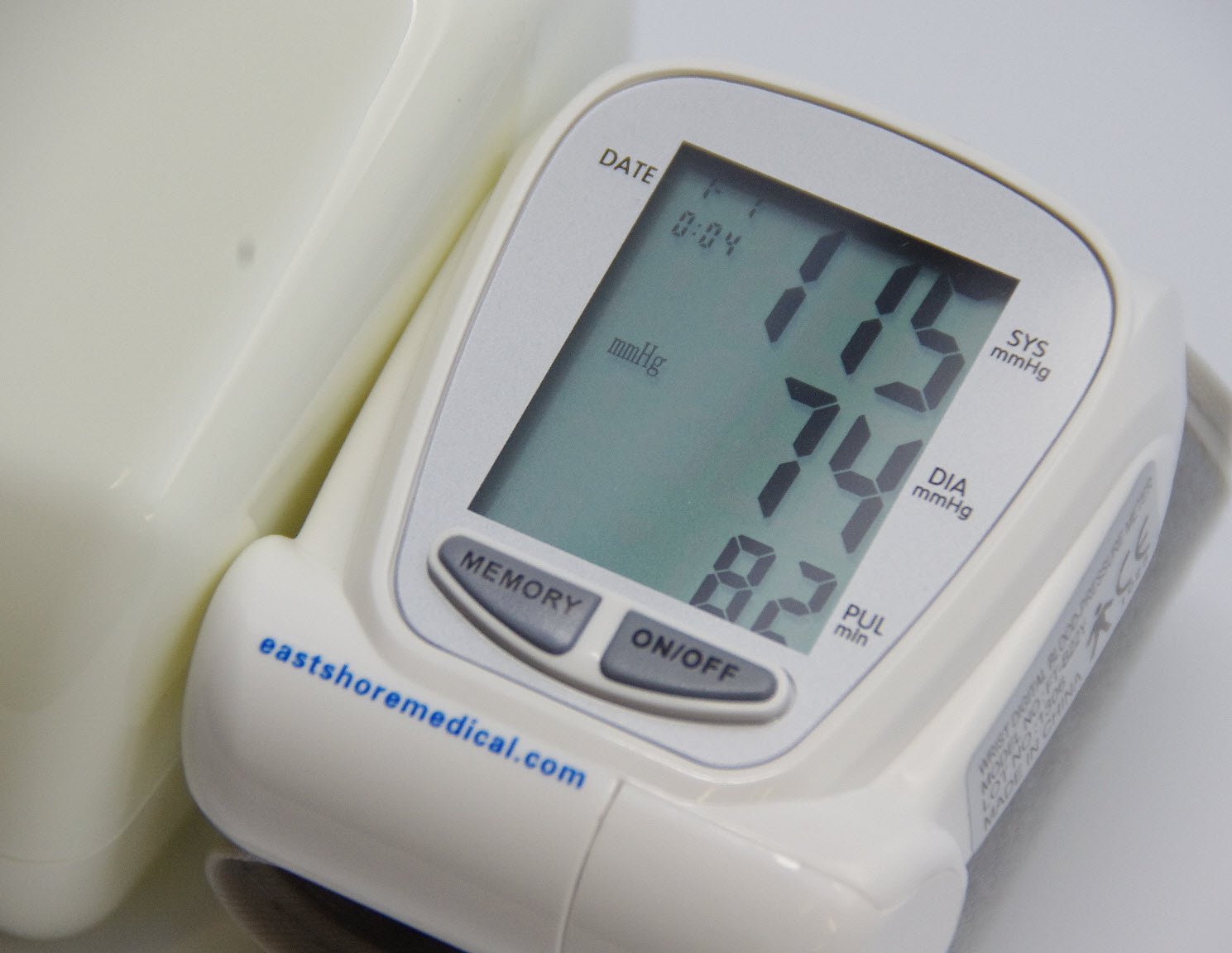Now that you have been diagnosed with high blood pressure, what are you going to do about it? You can falsely assure yourself that it’s common for people of your age or profession and carry on as before—eat, smoke, drink as always. Or, you can take charge: listen to your doctor, take the prescribed medication, exercise, modify your diet, lose weight, quit smoking and drink in moderation, if at all, and practice integrated management of your high blood pressure.
Your doctor may prescribe medication and encourage specific lifestyle changes. Blood pressure medication has improved and saved the lives of countless hypertension sufferers with life-threatening conditions, but they are not without substantial drawbacks. Side effects range from mildly annoying to completely debilitating. You may have heard of people struggling to live with both high blood pressure and its treatment. Some side effects are rare and not everyone suffers severely, different people experience them differently. To complicate matters, many cases of hypertension require multiple medications, compounding the potential side effects. Few, however, escape them altogether.
While side effects usually appear quickly, more severe consequences may take years to develop. Beta-blockers are a good case in point. For decades they served as the front-line drug in the fight against hypertension. Literally millions upon millions of people have been prescribed them. But in 2006 beta-blockers were withdrawn for this use in the U.K. after new studies showed that they actually increase the risk of heart attack and stroke (compared to other blood pressure drugs). Worse still, beta-blockers have been shown to increase the risk of diabetes by up to 50% and are blamed for 8000 needless cases of diabetes a year in the U.K. alone. You can read about these side effects in the article “Prescription Medication & Their Side Effects”.
So, if you’re unhappy with the side effects of your current medication, or prefer to supplement the medication or manage your high blood pressure with a natural treatment, what are your choices? And, if you are a member of the aging population that naturally experiences a slight elevation in blood pressure, one of the millions with moderate or borderline hypertension, or someone who could be better helped through a healthier lifestyle and effective herbal remedies, what are your choices? Not surprisingly, there is a lot of interest in alternative treatments for high blood pressure. Many use an all-natural approach that combines healthy, natural lifestyle and diet, suitable exercise, weight control and stress management with natural, effective, side-effect free herbal remedies. Consult your physician on what to include in naturally managing your high blood pressure and whether to supplement it with medication.
How do you embark on this all natural approach? For starters, include natural diuretics such as garlic, brown rice, watermelon, parsley and lemon in your diet, reduce stress wherever possible, eat healthy foods such as salmon, fish, and avoid chicken or duck skin and egg yolk. Stay away from fried and junk food, high sodium food and food high in saturated fats as they tend to increase the cholesterol levels. Minimize salt in your cooking, e.g., use low sodium soy sauce, and minimize use of frozen foods and processed foods as they are rich in sodium. Drink lots of water to get rid of salt. Doing mild, appropriate exercise on a routine basis is also part of the natural treatment for hypertension. Physical activities improve blood circulation, thereby increasing the oxygen and nutrient supply to the body organs, and help weight control, another necessity for reducing blood pressure problems. For additional diet, exercise and lifestyle improvement suggestions, see the articles “Taking Control of Your High Blood Pressure, Diet and Exercise for High Blood Pressure.”



